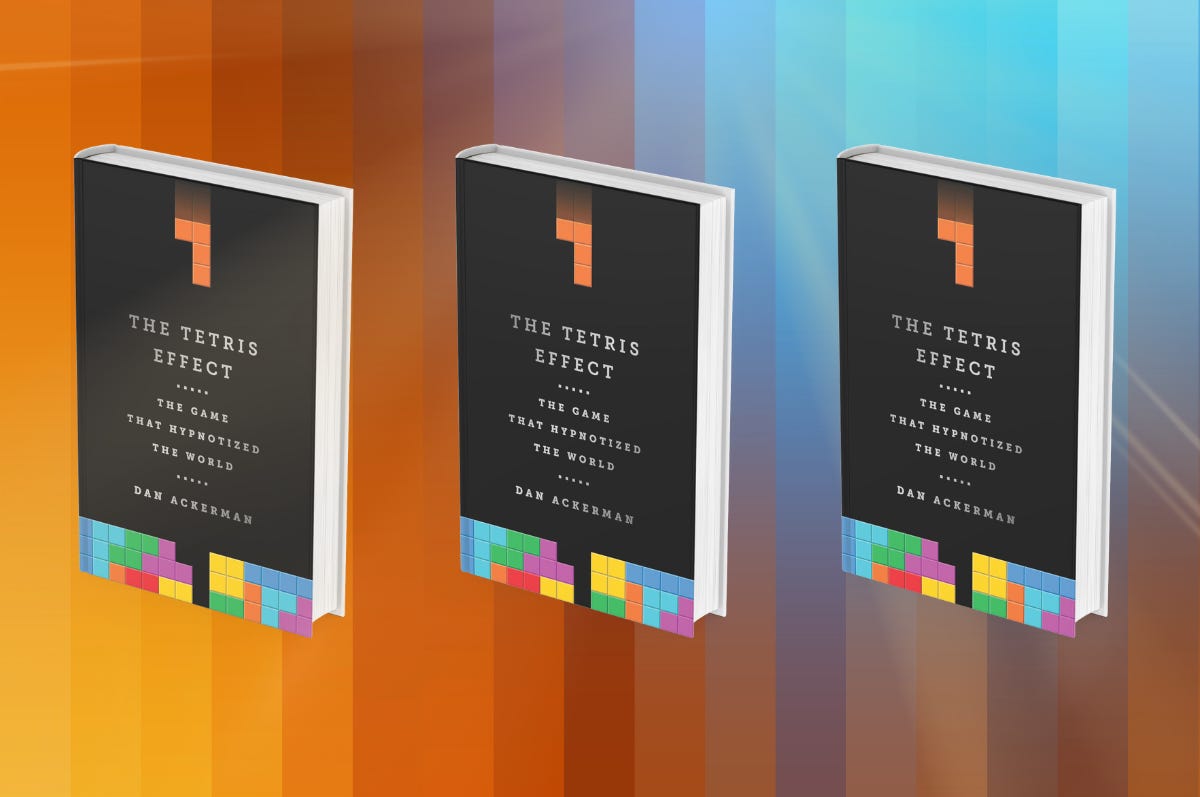Press in Peril (Again)!
2024 is shaping up to be another 2023 for the media biz, and that's not great news.
The good news; we're not talking as much about the big wave of media layoffs and downsizing that happened at the end of 2023. The bad news; that's because a fresh wave of cuts in just the first month of 2024 was a shock one-two punch for the news biz.
The proposed solutions to this mess don't seem very different now than those from the last few waves of media contraction -- build (and somehow sell) more subscription-based news products; leave an established publication to strike out as a reader-supported newsletter or video channel, or the always-popular plan to get a rich billionaire to invest in your publication.
All of these work—a bit. None of them work at scale.
Past The New York Times, Washington Post, and a small handful of other publications, most readers have an unwritten cap on the number of news subscriptions they'll pay for. The same goes for newsletters and video/social media channels. I'd love to support everyone via their paid Substack or Patreon subscriptions, but it's not feasible to ask readers to put together their own news aggregator via individual paid subscriptions, and only a handful of the biggest name-brand self-publishers have the scale required to make this a full-time job.
The philanthropic billionaire approach is great for the select few publications it applies to—until it isn't. Inevitably, the moneyed benefactor grows bored with their new toy or tired of burning cash in a business model that will never be a money-printing machine.
As NYU’s Jay Rosen recently said, many of these wounds are self-inflicted. In my 20-plus years in digital, print and broadcast media, business-side concerns have gone from getting roughly equal weight with editorial ones to being the only thing that matters. I've seen this most often in the Pavlovian response to even slight "success." Anything that half-works is then repeated on an endless loop until it's run into the ground.
I recall one how-to article at a publication I worked at becoming a breakout hit, so for the next year, all I heard about was cranking out more how-to and tips articles, even though none of the follow-ups ever came close to the initial hit, which had simply won the Google/Reddit algorithmic lottery that week.
Then there was the publication that insisted that relying almost entirely on programmatic ads (cheap run-of-network ads that slot into any empty display ad inventory space you have), saying the strategy would succeed if only we could generate enough raw pageviews, again while Google, social media, and AI all worked against sending direct traffic to publishers.
Display ads not selling anymore? Commerce-based editorial content worked better for a few years, until so many publications made it their main business model. Once readers had bought enough work-from-home webcams and Google started aggregating all those labor-intensive "best widgets" listicles, traffic and revenue plummeted. Many publications had no backup plan for that inevitable endgame.
Yes, for a lucky few, running your own subscription or donation-based one-man or small team publication can work. So can selling value-added premium subs for established news brands, enticing readers with games, recipes and other extras. And getting a billionaire to fork over a few hundred million dollars is never an inherently bad idea, at least in the early honeymoon phase.
But none of those solutions scale well. The number of readers who pay for multiple big-name news subscriptions is small, and for standalone newsletters or personality-driven news microbrands, it's even smaller. There are only so many rich folks looking to buy a prestige outlet, and even the handful of billionaire-funded news orgs have hit especially rough times this past year, leading to layoffs and a continued degradation of their newsrooms.
Like everyone else, I'm long on questions, short on answers. I pulled the ripcord last year, jumping to a brand where I can still do most of what I find important—providing hardware-based product advice, reviews, and related tech industry news. But that's also an answer that doesn't scale. There are only so many brands willing to invest in even a small in-house newsroom.
And the news about news keeps getting worse. As I was finalizing this newsletter, The Messenger, a splashy, big-budget news launch less than a year old, was shut down by its owners. The closure was effective immediately, with reportedly no severance for most of its staff. New York Times media reporter Ben Mullin put it best when he called The Messenger: "A news website that pledged to shake up the media industry with a playbook borrowed from the doomed publishing start-ups of yesteryear."
Subscribe to this newsletter for more: danackerman.substack.com. Tech Support with Dan Ackerman is a regular email series from this veteran technology reporter, where I share stories about how technology affects our everyday lives, plus interesting links and news.
Forward or share with your friends, or they can sign up here: danackerman.substack.com
See more at:
Web: danackerman.com
Twitter: twitter.com/danackerman
Threads: threads.net/@danack
TikTok: tiktok.com/@danacknyc
YouTube: youtube.com/danackerman
Instagram: https://instagram.com/danack
Bluesky: danackerman.bsky.social
LinkedIn: linkedin.com/in/danackerman
Gizmodo: gizmodo.com/author/danack
Plugs! Buy my book, The Tetris Effect!
“Upends the standard Silicon Valley, Steve Jobs/Mark Zuckerberg technology-creation myth...the story shines” — The New York TimesTechlandia is a modern dungeon crawl adventure where 1-4 heroic tech bloggers infiltrate the high-tech headquarters of the all-powerful Techlandia corporation. The goal: Stop the launch of a new smartphone that just might destroy the world...
“A fun mix of quirky social commentary and Lovecraftian horror.” — Gizmodo



